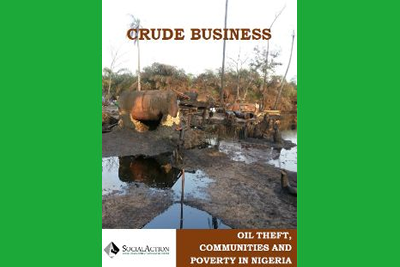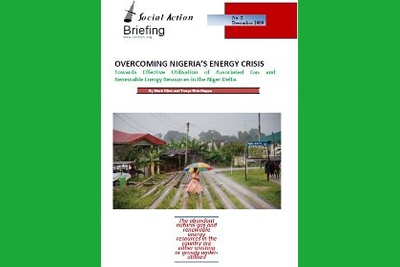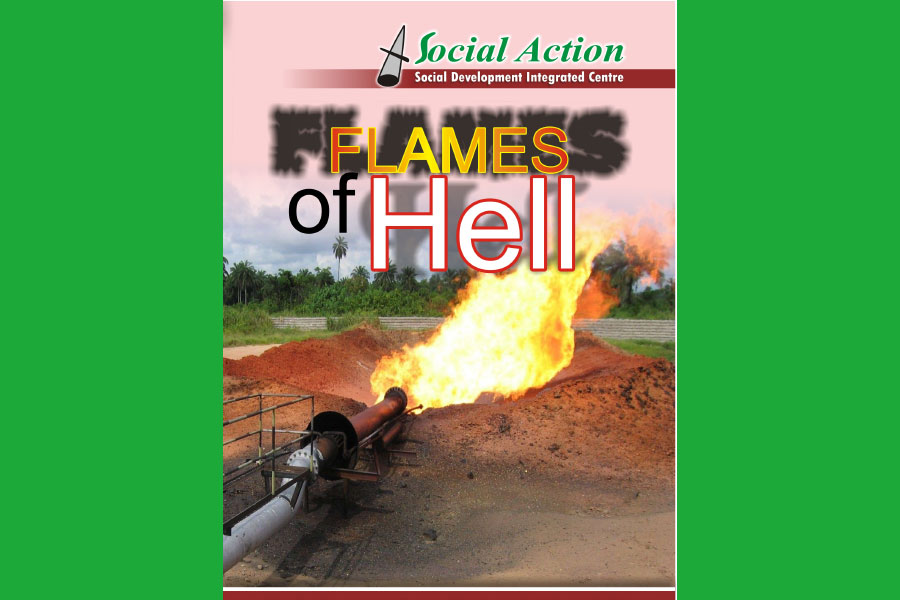
Based on field investigations in Bayelsa, Delta and Rivers States, this report by Social Action presents the cases of illegal artisanal refineries in the Niger Delta as a more recent manifestation of the historical problem of oil theft in Nigeria, which includes the looting of public revenues from the petroleum industry. The report shows that oil theft and the artisanal refining that it enables, are twin threats to legitimate civic engagement, environmental sustainability, and the physical health and livelihoods of its operators and the people living in the Niger Delta communities. With billions of dollars in lost public revenues, crude oil theft adversely affects the socio-economic well-being of the majority of Nigerians who still live in poverty and destitution. The report highlights the need to improve the governance of natural resources and makes concrete recommendations for the government, civil society groups and affected communities. Read full report


